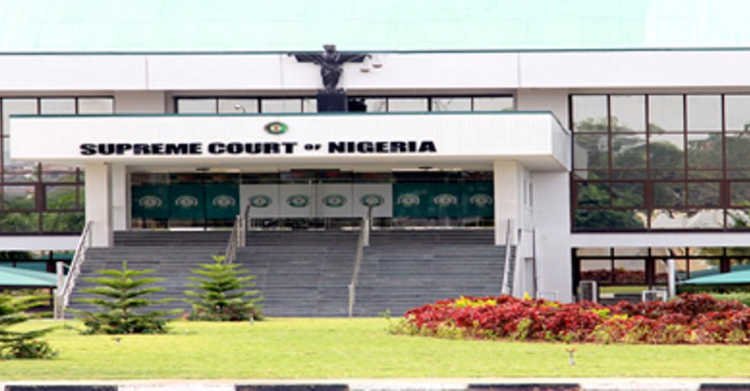The recent judgments of Nigeria’s Supreme Court in governorship election disputes call into question the integrity of the country’s judicial process.
Development Diaries reports that the Supreme Court, in its judgments, berated some justices of the Court of Appeal over the quality of their rulings in the governorship election petitions, describing them as ‘perverse’.
This is worrying, and as observed by the Resource Centre for Human Rights and Civic Education (CHRICED), it seems as though some of the courts presiding over election cases were determined to arrive at specific conclusions, even if those conclusions contradicted logic, the Nigerian Constitution, and the Electoral Act 2022.
CHRICED, in a press statement to Development Diaries, noted that Nigerians deserve to understand the motivations behind these incredulous judgments that defied established judicial precedents and turned the law on its head.
It is clear that the Appeal Court justices who made strange decisions on electoral matters that were overturned by the apex court have become liabilities to the judicial system and should be removed from their positions.
‘All the instances in which the Supreme Court berated the verdicts of the Appeal Court point to the fact that, with respect to the election disputes, the appellate court has become a judicial liability’, the statement read.
‘CHRICED firmly believes that urgent action must be taken by the judiciary to address the alarming level of misconduct witnessed during the election cases.
‘We strongly urge the National Judicial Council (NJC) to call for a thorough review of all decisions made by the Court of Appeal in the cases of the House of Assembly, House of Representatives, and Senate, with particular focus on the case of Plateau State’.
While some Nigerians may be relieved by the Supreme Court’s judgments, it is crucial that the NJC reviews all the decisions made by the lower courts to ensure the public’s trust in the legal system.
Any perception of bias within the judiciary erodes public trust and poses a significant threat to the rule of law and Nigeria’s development.
Citizens’ confidence in the legal system relies heavily on judicial integrity. When judges exhibit a high level of integrity, the public feels reassured that their rights will be protected and that justice will prevail. This would also encourage citizens’ active participation in governance for the common good of the nation.
Development Diaries therefore joins CHRICED in calling on the NJC to urgently review the judgments and hold judges found to have abused their positions accountable.
Photo source: Supreme Court







